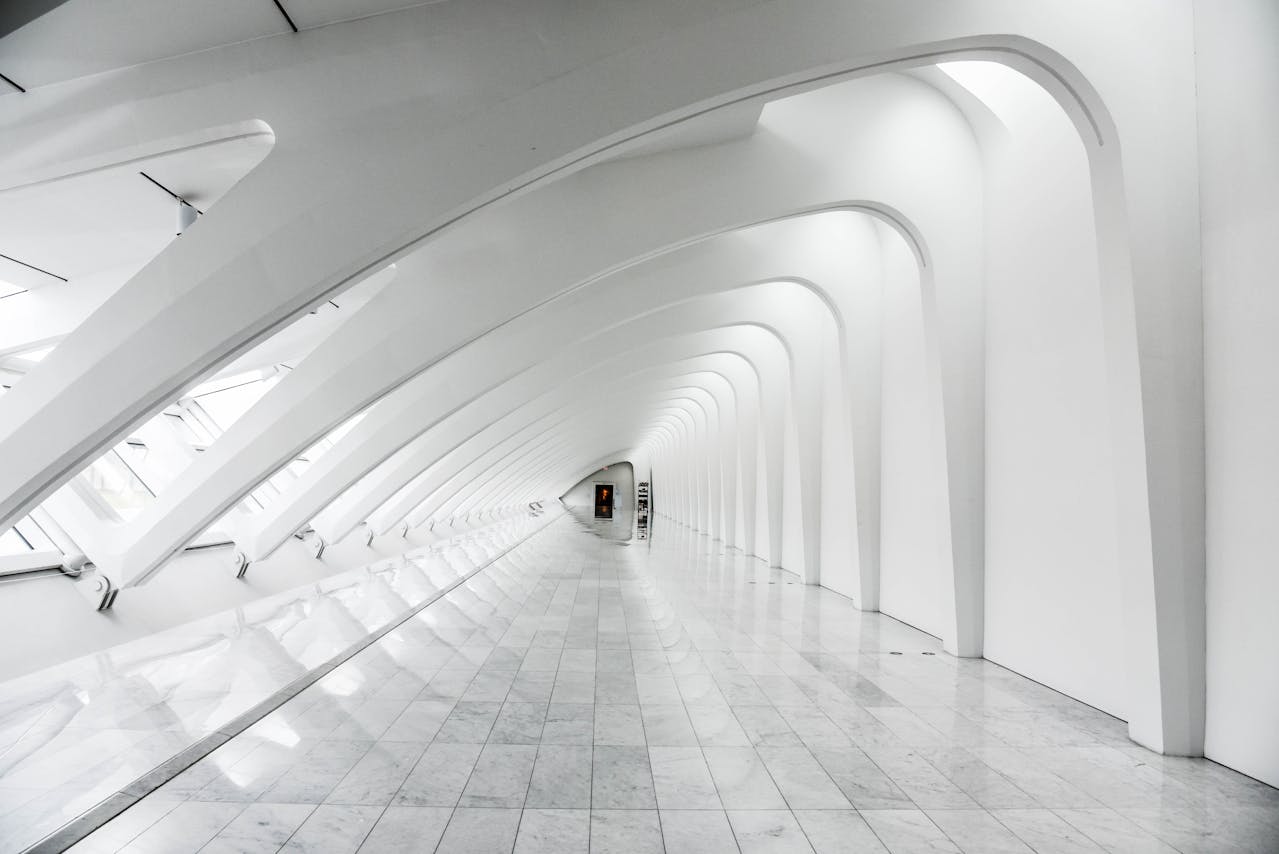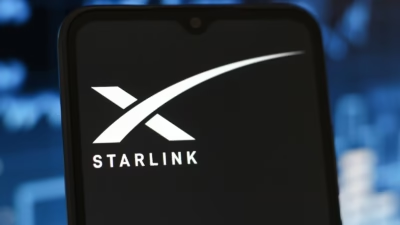The term “reality capture” is increasingly becoming the buzzword in the construction industry and there is a good reason for it. This term is increasingly becoming more popular because of the increasing adaptation of Artificial Intelligence (AI) in all fields. And when it comes to the construction industry, AI can forever change the industry because it is quickly becoming a transformative force that promises to reshape the construction landscape forever. As such, in this article, we’ll take a look into how AI can, and probably will, revolutionize the industry, one innovative solution at a time.
AI-Driven Project Management
In today’s fast-paced world, it is important to keep in mind that the key to success will be fast adaptability and flexibility in adopting the latest innovations on the market. As such, since AI has taken over the world, the project managing sector has quickly adapted to it. Tools made in collaboration with AI to create a streamlined process for project managers can no longer be avoided. These intelligent systems analyze vast amounts of data to optimize planning, scheduling, and resource allocation. The result? Enhanced productivity, reduced costs, and projects that are more likely to be delivered on time and within budget.
Optimizing Workflow and Efficiency
Why AI’s impact is seen as profound? Well, simple. By harnessing predictive analytics, AI helps project managers anticipate problems and adjust plans proactively, ensuring smoother operations and better resource utilization. What’s not to like there, right?
Predictive Maintenance and Safety
The predictive capabilities of AI extend well beyond project management. Hard to believe it at first, but it’s true. Particularly so when it comes to critical areas of maintenance and safety. AI-powered analytics can predict equipment failures before they happen and identify safety hazards, potentially saving lives and avoiding costly downtime.
Enhancing Safety Protocols
Safety should be a top priority in any field and industry. Without the possibility of ensuring a safe workplace, the entire project is doomed from the start. As such, for a while, there have been many discussions about the necessity of enhancing the applicable safety measures, especially in the construction sector. This is where integrating AI with IoT devices and wearables can be an answer to the question of safety. Having real-time data about the job site works wonders in preventing accidents and, as a result, making construction sites safer for everyone involved.
Building Information Modeling (BIM)
AI’s synergy with Building Information Modeling (BIM) is revolutionizing the way we approach construction design and execution. Through AI, BIM becomes more than just a 3D model; it transforms into a dynamic process that enhances collaboration, efficiency, and accuracy in building designs.
Revolutionizing Design and Collaboration
AI-enhanced BIM tools enable architects and engineers to create more accurate and sustainable designs by analyzing numerous variables and simulations, leading to optimized building performance and innovation in construction techniques.
The Role of AI in Materials Optimization
Materials optimization is another area where AI is making a significant mark. By analyzing patterns and data, AI assists in selecting the most cost-effective, durable, and sustainable materials, thereby reducing waste and promoting sustainability in construction projects.
Reducing Waste and Cost
The intelligent analysis provided by AI allows for a more strategic approach to material usage, ensuring that resources are utilized efficiently, waste is minimized, and the environmental impact of construction projects is significantly reduced.
The Future of Construction Robotics
As we look towards the future, the integration of AI with robotics in construction presents exciting possibilities. These advanced robots can perform tasks with precision and speed, working alongside human teams to enhance productivity and quality.
Automating Complex Tasks
Construction robotics powered by AI can undertake a variety of tasks, from bricklaying to welding, with precision and efficiency. This not only speeds up the construction process but also enhances the quality of the workmanship, paving the way for a new era in construction.
AI-Driven Quality Control Can Ensure High Standards
Quality control is crucial in construction. That is pretty obvious. However, AI is setting new standards in this domain. The AI-powered systems promise to provide continuous oversight, detect defects, and ensure that construction projects adhere to the highest quality standards. It is part of a larger plan that wants to make sure that human error is no longer a factor as decisive in the day to day activities on the construction site. How so? You may ask, well, the implementation of AI in quality control processes results in fewer errors, reduced rework, and projects that consistently meet or exceed industry standards, thereby safeguarding the integrity and longevity of construction projects.
Conclusion
The buzz around AI in the construction world may or may not be well-justified, but the fact is that it exists. Why? Well, after all, from revolutionizing project management to enhancing safety protocols, optimizing materials, and redefining quality control, AI’s transformative power is reshaping the construction industry at its core. But don’t look at these changes as something like a radical shift. In essence, things remain the same, even though, as we embrace this AI-driven era, the potential for innovation, efficiency, and sustainability in construction seems limitless. The future of construction is here, but we are still living in the present, which is not yet that different from our immediate past, even though it begins being powered by intelligence, innovation, and an unyielding commitment to progress and excellence.




